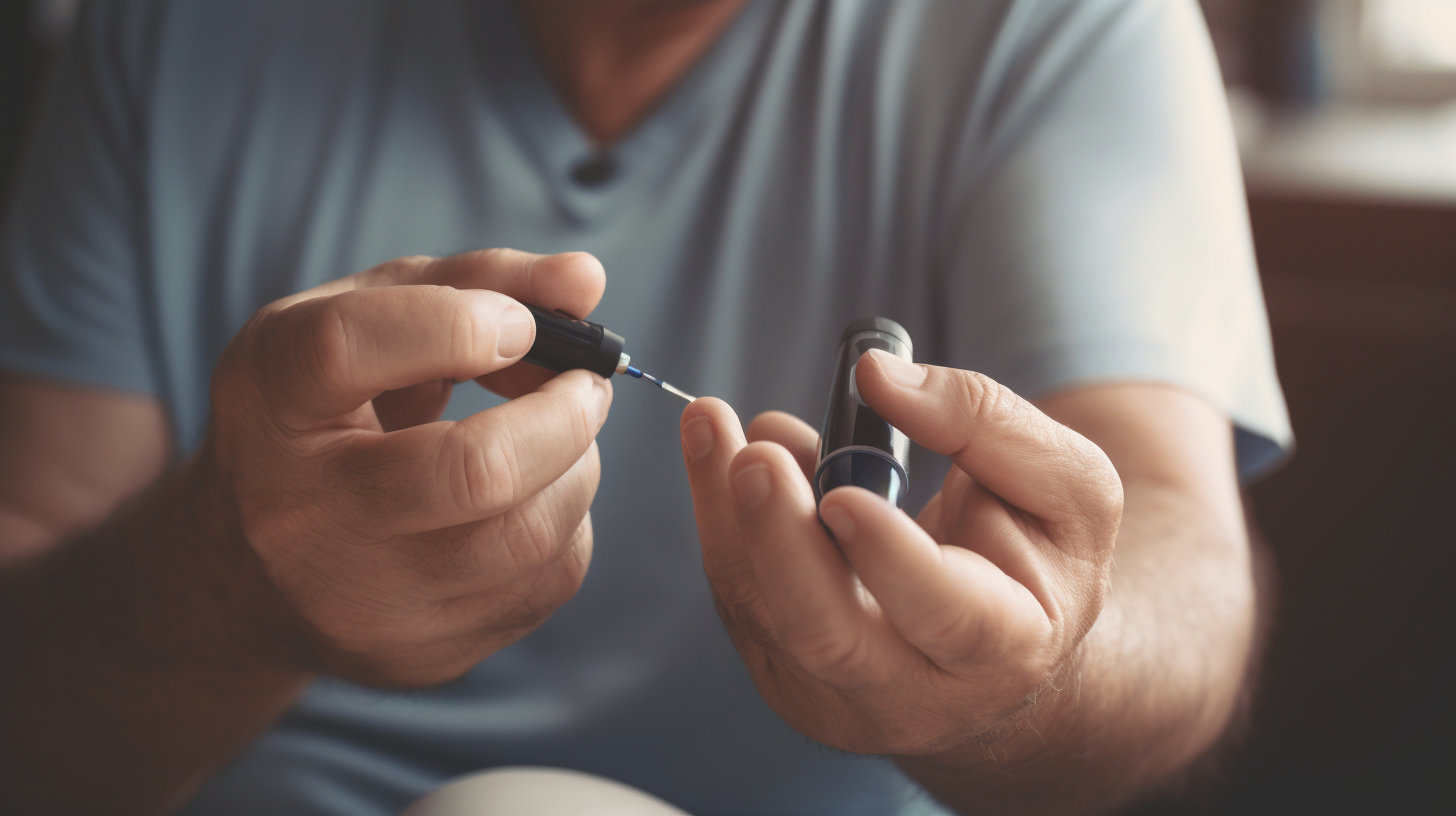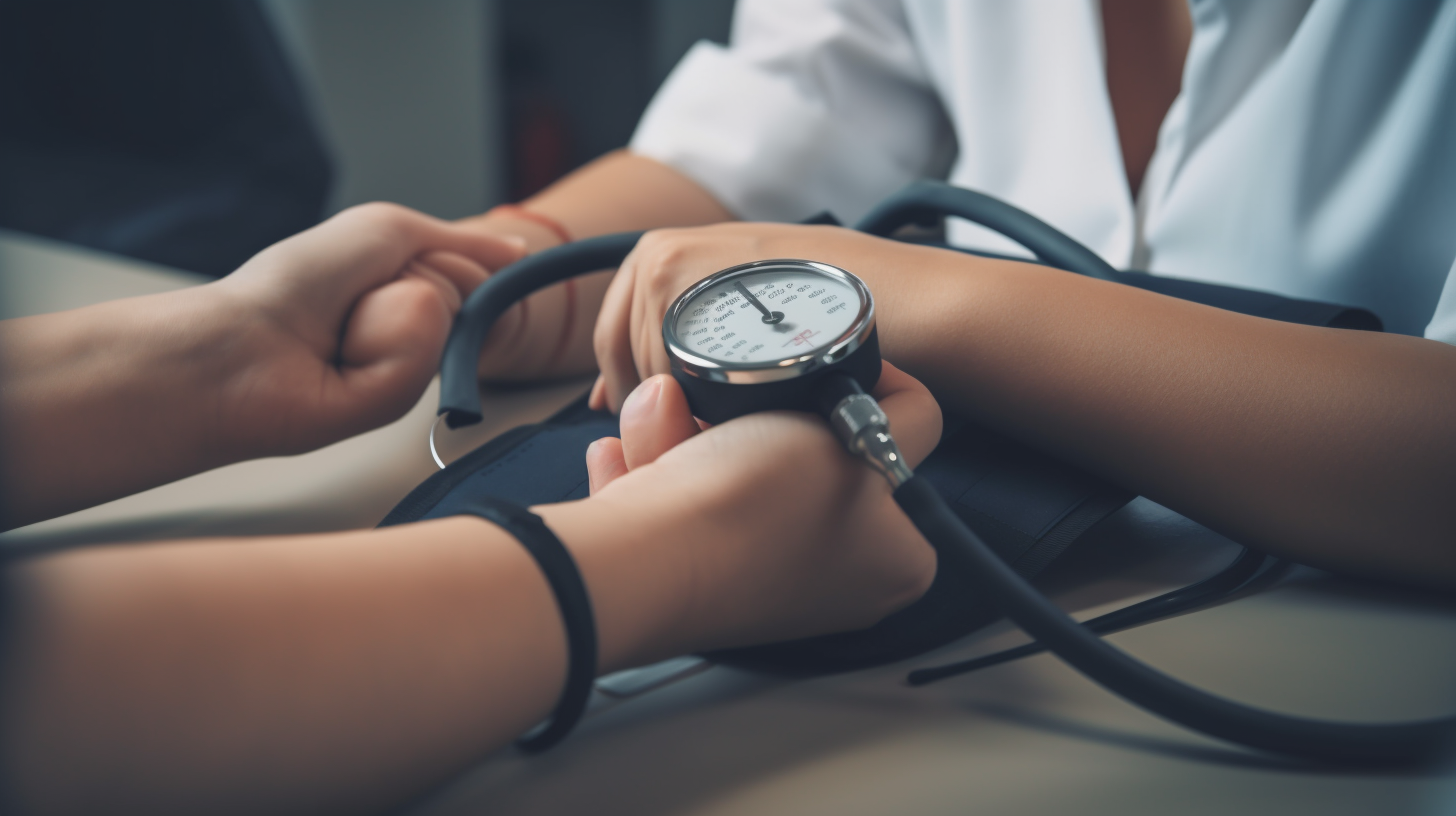Published Date January 24, 2003
Dates and diabetes
By Hetvi Shah
3 min read
Last update date: January 24, 2003
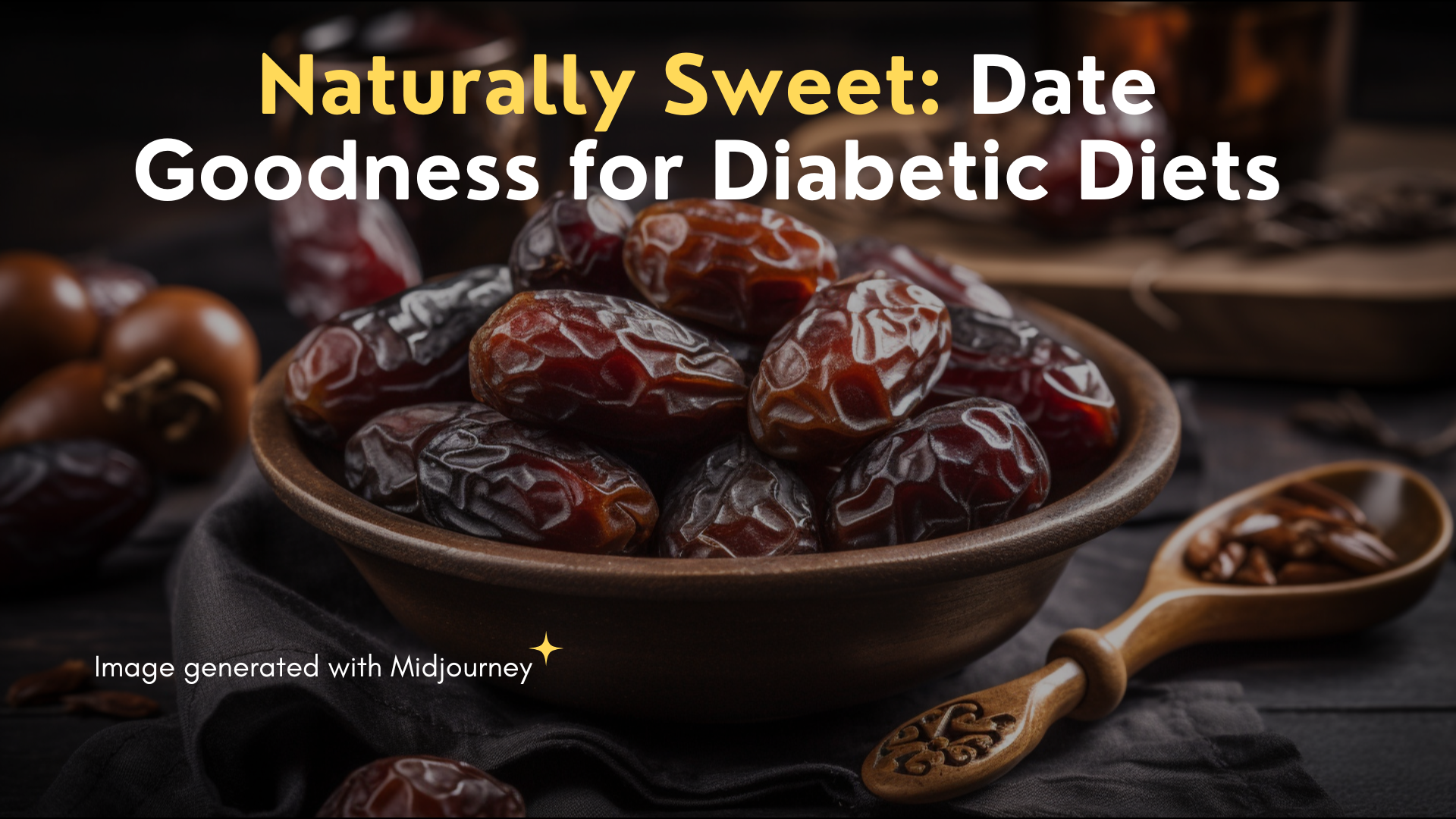
Can diabetic people eat dates?
Dates are sweeter than any other fruits and are of concern, especially for people with diabetes. It is generally thought that eating dates if you have diabetes could be an issue. Well, that is not entirely incorrect.
The quantity and time at which you eat dates play a major role. If its sweetness is overlooked, it is a good source of vitamins, minerals, and fibre. A single date has 18 grams of carbs, 64 calories, and 2 grams of fibre.
The presence of fibre in dates aids in slowing the absorption and digestion of sugars in dates. This will not spike your blood sugar levels immediately like other foods that do not contain the same amount of fibre.
Adding reasonable amounts of fats and proteins along with dates from nuts and seeds should give us better results. Fat and protein digestion will also slow the rate of carbohydrate digestion and absorption slowing down the rate at which your blood sugar level shoots up.
These can replace sugars completely, as sweeteners in many food preparations and can also be eaten as a snack. But it is advised to eat them only in moderate amounts.[1]
Glycemic index and Glycemic load
The Glycemic index (GI) and Glycemic load (GL) are other factors that should be considered when consuming any food that has as high sugar content as dates.
The GI is a means to understand which foods affect your blood sugar levels. Based on the glycemic index foods are classified as low (less than or equal to 55), medium (between 56-69), and high GI foods (70 or above).
The average GI of dates is 42, so they are low-GI food. Another reason to include a moderate amount of dates in your diet, even if you have diabetes.
You must be wondering why the emphasis is on "moderate amounts"? To answer this question, GL comes into the picture. GL is required to measure the effect of food on your blood sugar levels, based on the serving size.
Two dried dates (48 grams) consist of 36 grams of carbohydrates. The GI is multiplied by the number of carbohydrates in the food and divided by 100. This amounts the GL of dates to be 17 (average at best compared to other foods).[2]
Have you ever heard of a coin having only one side? Neither have I. Let’s take a look at the other side of dates as well.
Benefits of eating dates
Apart from being a good source of fibre and carbohydrates, dates also contain magnesium, potassium, antioxidants, and phytoestrogens. It not only increases blood sugar levels by a small amount but it also has some health benefits for diabetic people.
- Magnesium - Magnesium plays a vital role in glucose management and reduces the risk of type 2 diabetes. It is also important for maintaining blood pressure. People with diabetes are at a higher risk of high blood pressure. Two Medjool varieties of dates consist of 26 mg of magnesium, one of the highest among similar foods.[1][2]
- Potassium - Two dates provide 334 mg of potassium per serving and potassium, just like magnesium, is a crucial mineral for regulating blood pressure.[1][2]
- Antioxidants - The presence of various antioxidants in dates makes them an ideal choice for reducing the risk of diseases. In comparison to dried figs and plums, dates carry the highest amounts of antioxidants.
Here’s an overview of dates’ most important antioxidants -
- Flavonoids - A powerful antioxidant that may reduce inflammation and potential risks of diabetes, Alzheimer’s, and certain types of cancer.
- Carotenoids - Promotes heart health and reduces the risk of eye-related disorders particularly, macular degeneration.
- Phenolic acid - Its anti-inflammatory properties help reduce the risk of cancer and heart disease.[3]
- Phytoestrogens - Among other fruits, dates have the second-highest content of phytoestrogen. It is favourable for diabetics as it increases blood glucose control and reduces insulin resistance.[1][2]
Takeaway
To maintain a healthy balance, it is recommended to consume a moderate amount of dates, typically around 1 or 2 dates per day. While dates have a low Glycemic index (GI) and a medium Glycemic load (GL), it is important to avoid eating them on an empty stomach. Consuming dates without other foods can cause a sudden spike in blood sugar levels, which is not advisable.
Keep reading
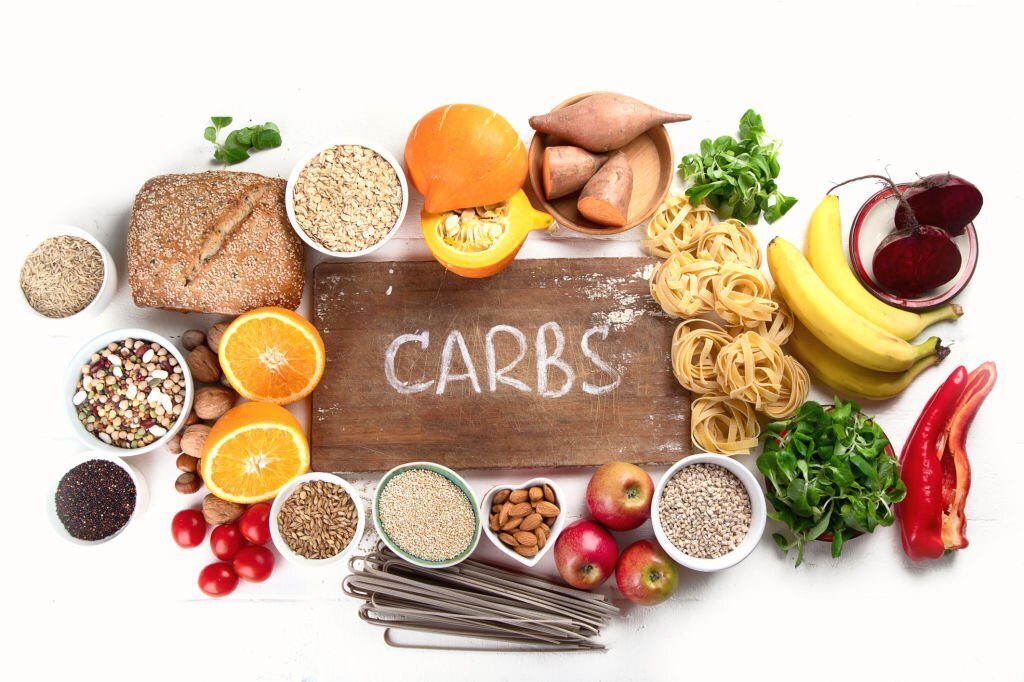
Carbohydrate toxicity = Diabetes
Restricting carbs consumption can help lower your risk of hypoglycemia if you use diabetes drugs that increase the risk of the said condition.
By Naurin Ansari

The Sweet and Nutritious World of Dates
By Naurin Ansari
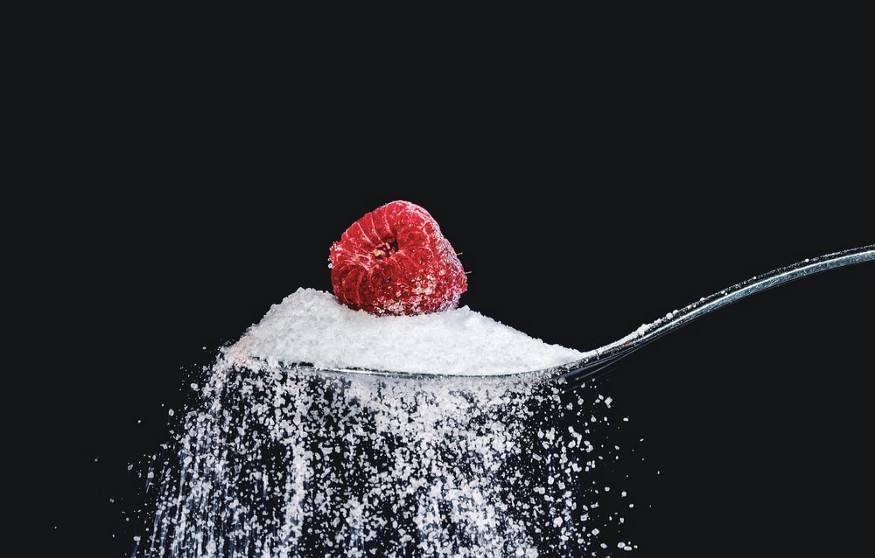
What is Diabetes Mellitus and what are its primary causes?
All about blood sugar, fatty acids and diabetes.
By Arpita Sudev
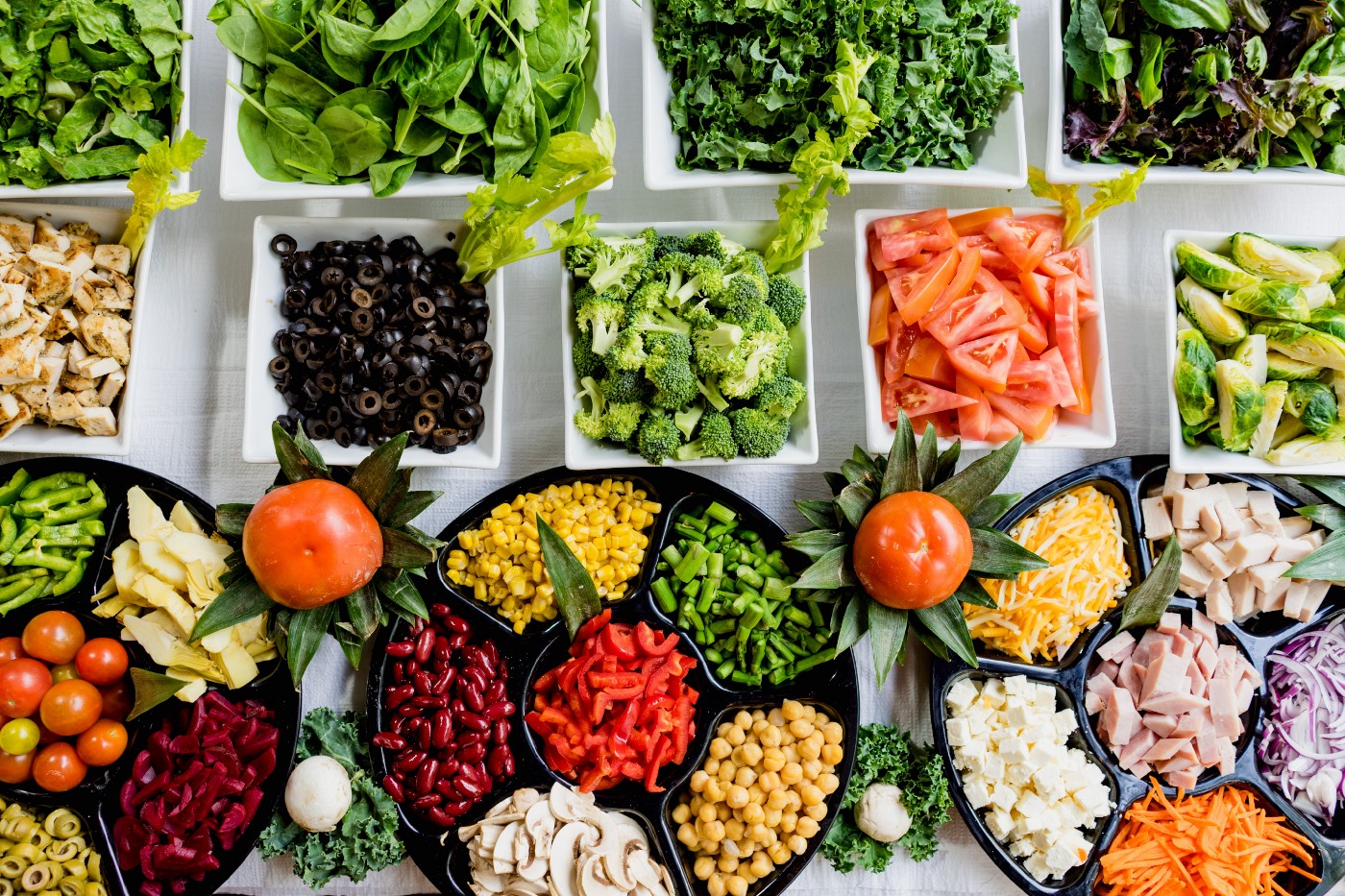
Nutrition for Type 2 Diabetes Mellitus
All about carbohydrate, high fibre, protein and diabetes.
By Arpita Sudev
Choose Healthy With Us.
Know the real truth about your food. Stay informed and healthy, for free.

Download the App Now
Certified nutritionists trust our food recommendations. Safe to say, so can you :)




